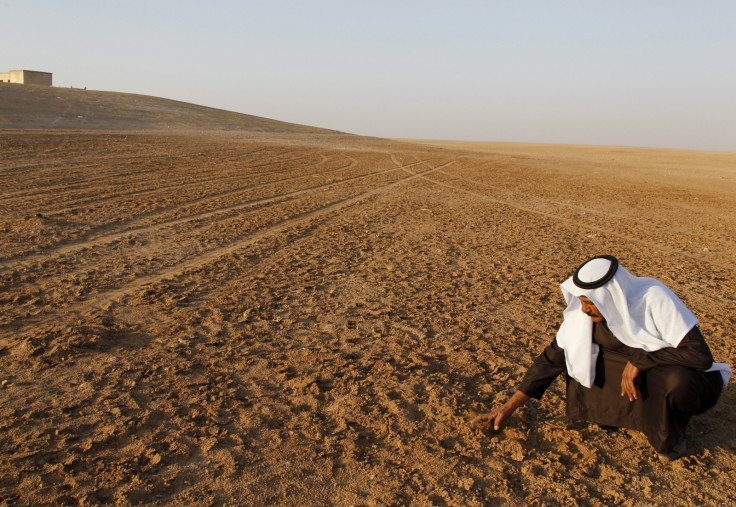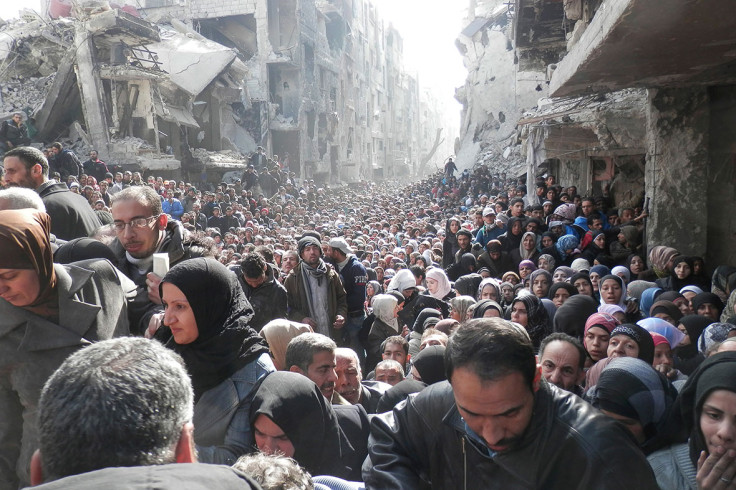Manmade climate change in Syria 'pushed unrest over threshold and into war'

Manmade climate change was likely a factor in the Syrian Civil War that has been raging for the past four years, a study has found.
The country was ravaged by an extreme drought between 2006 and 2010 that was made worse by the effects of manmade climate change, researchers at Colombia University have said.
The effects of the drought included the destruction of agriculture in northern Syria, which pushed farmers into cities where poverty and government mismanagement created the civil unrest that turned into war in spring 2011.
Published in the journal Proceedings of the National Academy of Sciences, the authors note there is growing evidence to show extreme weather increases the chance of violence – from individual attacks to full-blown war.
Richard Seager, co-author of the study, said that while drought did not directly cause the war in Syria, it added to all the other stresses and "helped kick things over the threshold into open conflict", he explained. "And a drought of that severity was made much more likely by the ongoing human-driven drying of that region."

The authors looked at the Fertile Crescent – an area spanning Turkey, Syria and Iraq. Farming started along the stretch about 12,000 years ago and has always seen natural weather variations.
However, the scientists found that since 1900, the area has increased in temperature by between one and 1.2 Celcius – a trend that matches models of human-induced global warming and not that of natural variations.
The warming has led to weakened wind patterns that normally bring rain from the Mediterranean. This resulted in reduced precipitation.
Higher temperatures also caused increased evaporation of moisture from the soil. While there were significant droughts in the 1950s, 1980s and 1990s, the one that took place between 2006 and 2010 was by far the worst ever seen.
Experts believe Syria was especially vulnerable to the effects of the drought because of the rapid increase in population seen since the 1950s. This, coupled with the Assad family's preference for the water-intensive export of crops such as cotton and the illegal drilling of irrigation wells depleting groundwater, worsened the drought.

Marshall Burke, an environmental scientist at Stanford University, said, "There were many things going on in the region and world at that time, such as high global food prices and the beginning of the Arab Spring, that could have also increased the likelihood of civil conflict, [but the findings are] consistent with a large body of statistical evidence linking changes in climate to conflict."
It is estimated 1.5 million people fled the countryside to cities after livestock herds were obliterated. However, the cities were already pushed to the brink from the swathes of refugees from the ongoing war in Iraq.
"Rapid demographic change encourages instability," say the authors. "Whether it was a primary or substantial factor is impossible to know, but drought can lead to devastating consequences when coupled with pre-existing acute vulnerability."
© Copyright IBTimes 2025. All rights reserved.






















